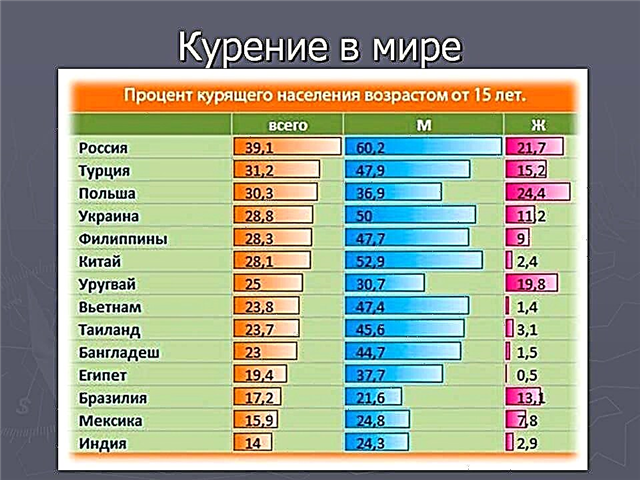What are paronyms? Perhaps many of you hear this word for the first time, as a result of which they completely do not know its meaning. However, even those who are familiar with this term may not fully understand what is meant by it.
In this article we will explore the meaning of the term "paronym" using illustrative examples.

What do paronyms mean
Paronyms (Greek παρα + ὄνυμα - name) are words that are similar in sound and morphemic composition, but have different lexical meanings. An interesting fact is that according to the dictionary of paronyms, there are about one thousand such pairs in the Russian language.
Most often in the Russian language there are root paronyms that have only external similarity. For instance:
- policy - pole;
- excavator - escalator;
- clarinet - cornet.
In addition, there are - affix paronyms, which are united by common motivation and semantic link. They share the same root, but have different, albeit similar, derivational affixes:
- economy - economy;
- ice - ice;
- subscription - subscriber.
In addition, there are so-called etymological paronyms. They represent the same word, borrowed by the language in different ways several times (through the mediation of different languages) and in different meanings: the Russian word "project" (borrowed from Latin) - "project" (borrowed through the French language).
Paronyms are often used in literature when the author wants to give his thought paradox and depth. For example, in the famous comedy by Alexander Griboyedov "Woe from Wit", one of the characters says the following phrase: "I would be glad to serve, it is sickening to serve!"
In this case, the writer used 2 words derived from "service", but which acquired completely different meanings. As a result, the word “serve” is associated with something noble, while “serve” has an extremely negative connotation.









